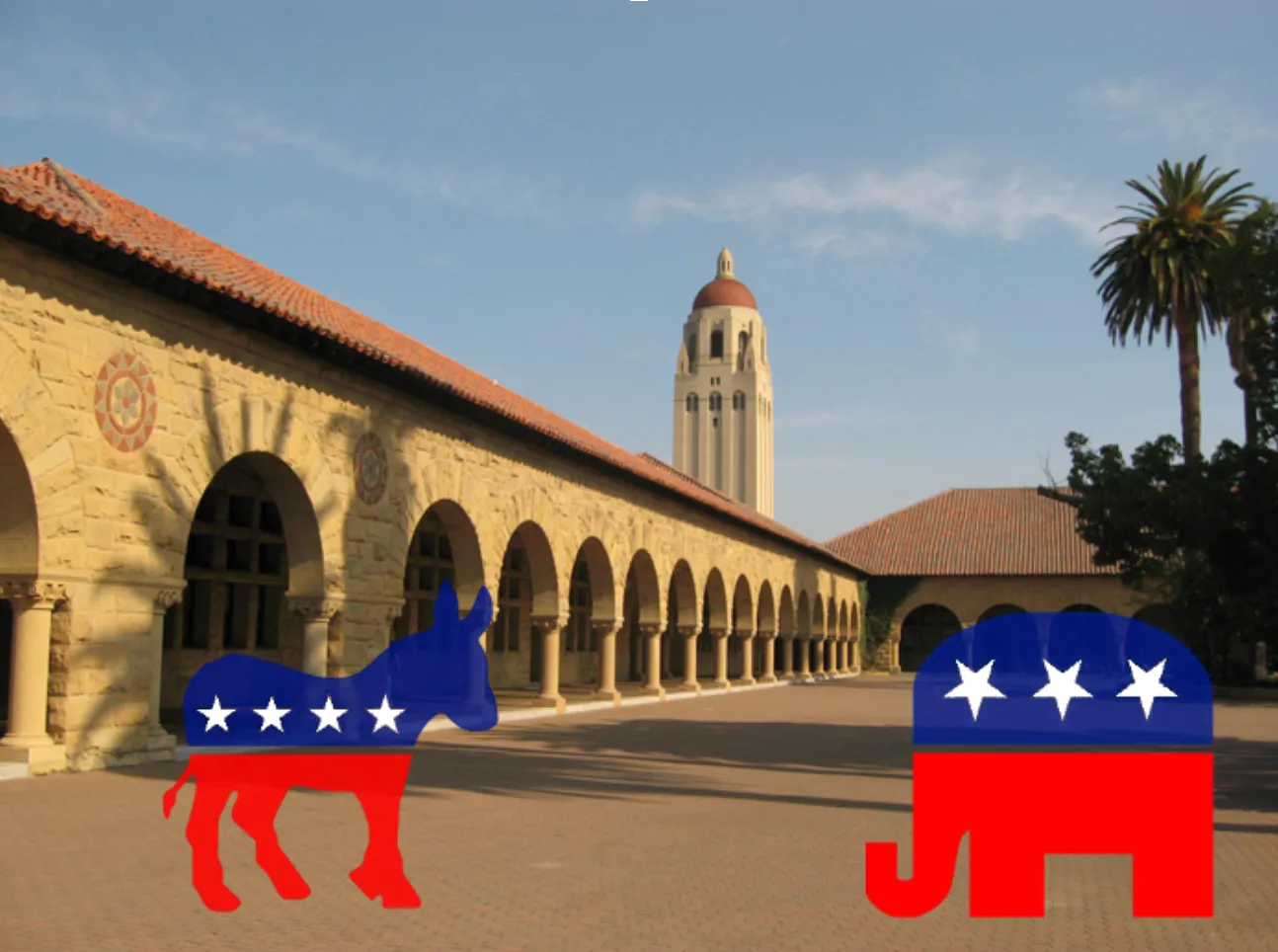Table of Contents
through operating and federal research grants; indirectly through federal student financial aid, which allows higher tuition fees; or through private donations and investment income enhanced by favorable tax status.
He claims they also don’t fail because there is no meaningful method of measurement for colleges. The measurement problem is big, but for now I will just focus on the government support problem.
“Too big to fail” occurs when firms take excessive risks believing that the government will bail them out in case of failure. But the situation in higher education differs. Colleges don’t have the interconnectivity problem. Letting them fail would not destroy creditors or the economy.
But as in the financial markets, the expectation of government aid probably creates perverse incentives. Except for colleges, the government does not usually sweep in at the point of collapse with bail-out cash (student loan market excluded). Federal financial aid, research grants, and favorable tax status for private donations are all tied up in policies that continue from year to year. These funds act less like an insurance program and more like a supplemental income program (that’s not to say the government wouldn’t bail out a failing college).
Nevertheless, government funding of higher education removes some of the incentive to become more effective at educating students. Colleges need to be better at preparing students for high-skill jobs. As long as the government continues funding colleges in various ways, it should motivate administrators by indexing those funds to the success of the college (measuring this is difficult but there are ways, as Vedder notes in his op-ed).
Should poorly performing colleges be allowed to fail? Some private colleges actually do (here, here, and here). But as with K-12 education, higher education has value beyond its place in the economic market. The government subsidizes higher education to achieve a more educated populace. Yanking government funding for financial aid and grants in full would be disastrous for both the Jeffersonian goal and the economy. But making funding contingent upon success would hopefully drive change in the world of higher education.







